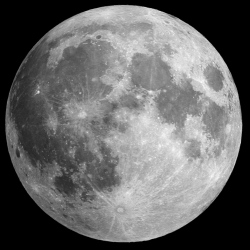
Legislation that one congressman plans to introduce would make space settlement a national goal and require NASA to take action to support it. The Space Exploration, Development, and Settlement Act marks the second time Congress has directed NASA to support efforts for permanent human settlements beyond Earth orbit.
A version of the bill circulated in the space advocacy community would amend the National Aeronautics and Space Act, the “organic” legislation that created NASA in 1958, to include space settlement among national space policy goals and objectives.
The legislation would amend the Space Act by adding an additional goal to an existing list of objectives for national space activities: “The expansion of permanent human presence beyond low-Earth orbit in a way that enables human settlement and a thriving space economy.”
Under the bill, NASA would be required to produce a report every two years “which describes the progress made toward expanding permanent human presence beyond low-Earth orbit” in support of space settlement. Those reports would also require NASA to develop metrics to quantify that progress.
While yet to be formally introduced, space advocates have been working to line up support for the bill. In mid-April, the Alliance for Space Development (ASD), a coalition of 11 space organizations, asked its members to contact their congressional representatives and request they co-sponsor the legislation.
ASD mentioned the proposed legislation when the new organization rolled out its legislative agenda in February. Charles Miller, executive coordinator of ASD, said at the time that the provision was intended to parallel changes to the Space Act in the 1980s to promote space commerce.
“A lot of people think that space settlement and development is part of our purpose, but it’s not an official one in the NASA organic law,” he said at a Feb. 25 press conference here.
